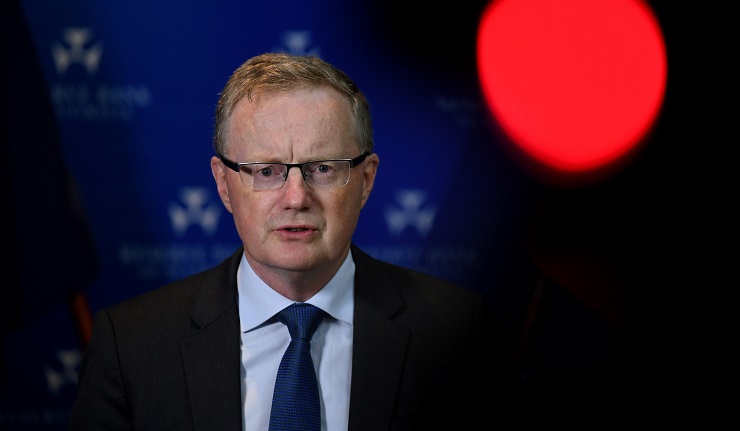The Reserve Bank governor caused fury among neoliberals last week by questioning the benefits of high immigration. But he has a point about the exploitation of temporary labour.
One of the less prominent stories of the pandemic has been how neoliberal ideology has taken a heavy blow as governments have struggled to deal with the challenge of locking down their economies for months at a time. Last week, Reserve Bank governor Philip Lowe delivered another kick — aimed right at one of the central tenets of neoliberalism — when he argued that employers’ ability to draw on foreign workers “has contributed to wages being less sensitive to shifts in demand than was once the case”.
“Immigration adds to both the supply of, and demand for, labour: when immigrants work they supply labour and their consumption of goods and services adds to the demand for labour. The precise balance between this extra labour supply and extra labour demand is difficult to determine and depends upon the specific circumstances. The picture, though, is clearer when firms are hiring workers to overcome bottlenecks and fill specific gaps where workers are in short supply. This hiring dilutes the upward pressure on wages in these hotspots and it is possible that there are spillovers to the rest of the labour market.”
For neoliberals, borders should not be impediments to the free flow of both capital and labour, so that they can move to wherever they will be used most efficiently. In practice, this means migration should be allowed to push wages down in higher-wage countries. It also means that, peculiarly, neoliberals and left-wing supporters of immigration are aligned in their support for fewer impediments to migration.
Read more about the RBA’s questioning of high immigration…
Already a subscriber? Log in to keep reading.
Or, register your email address for a FREE 21-day trial.








